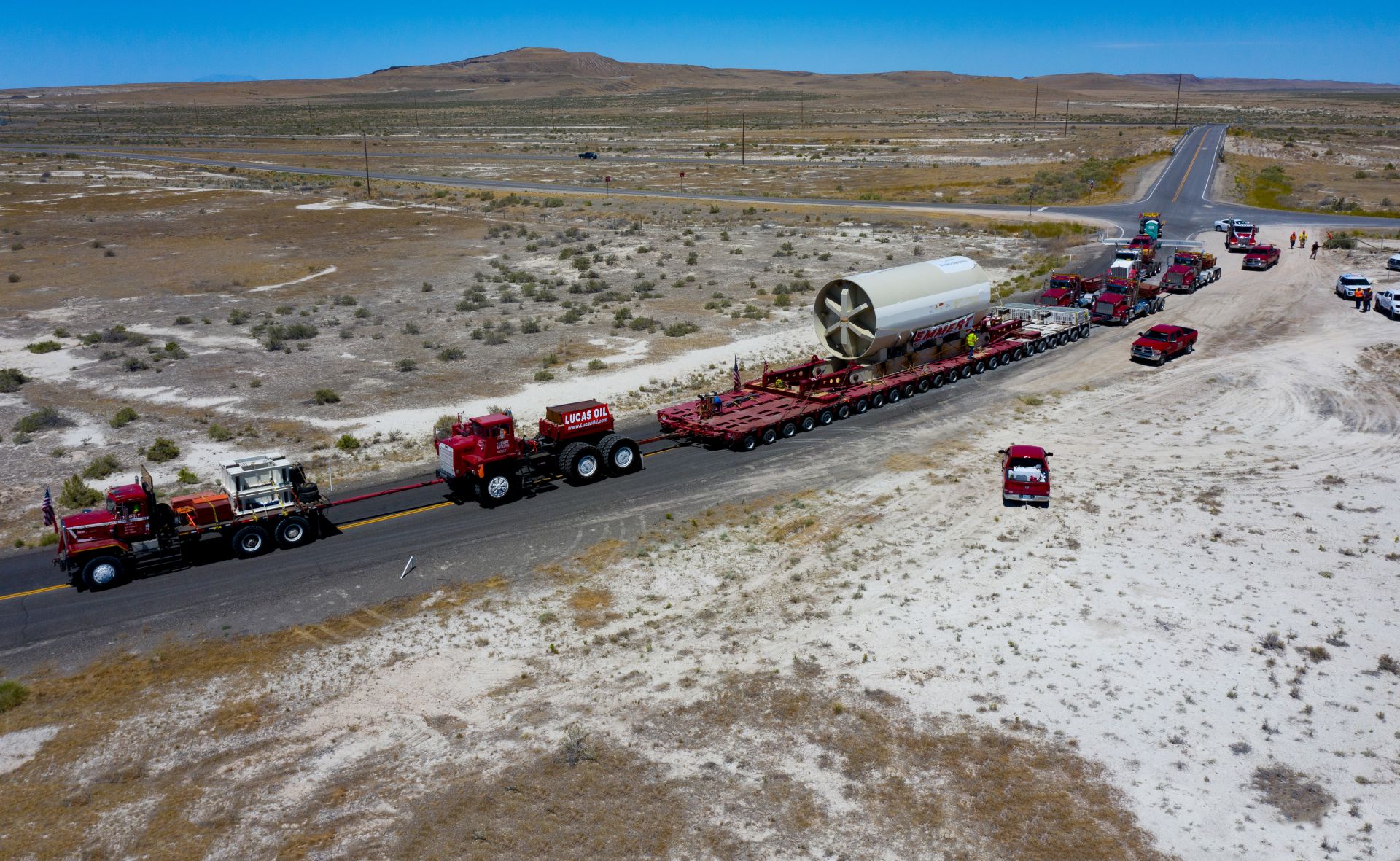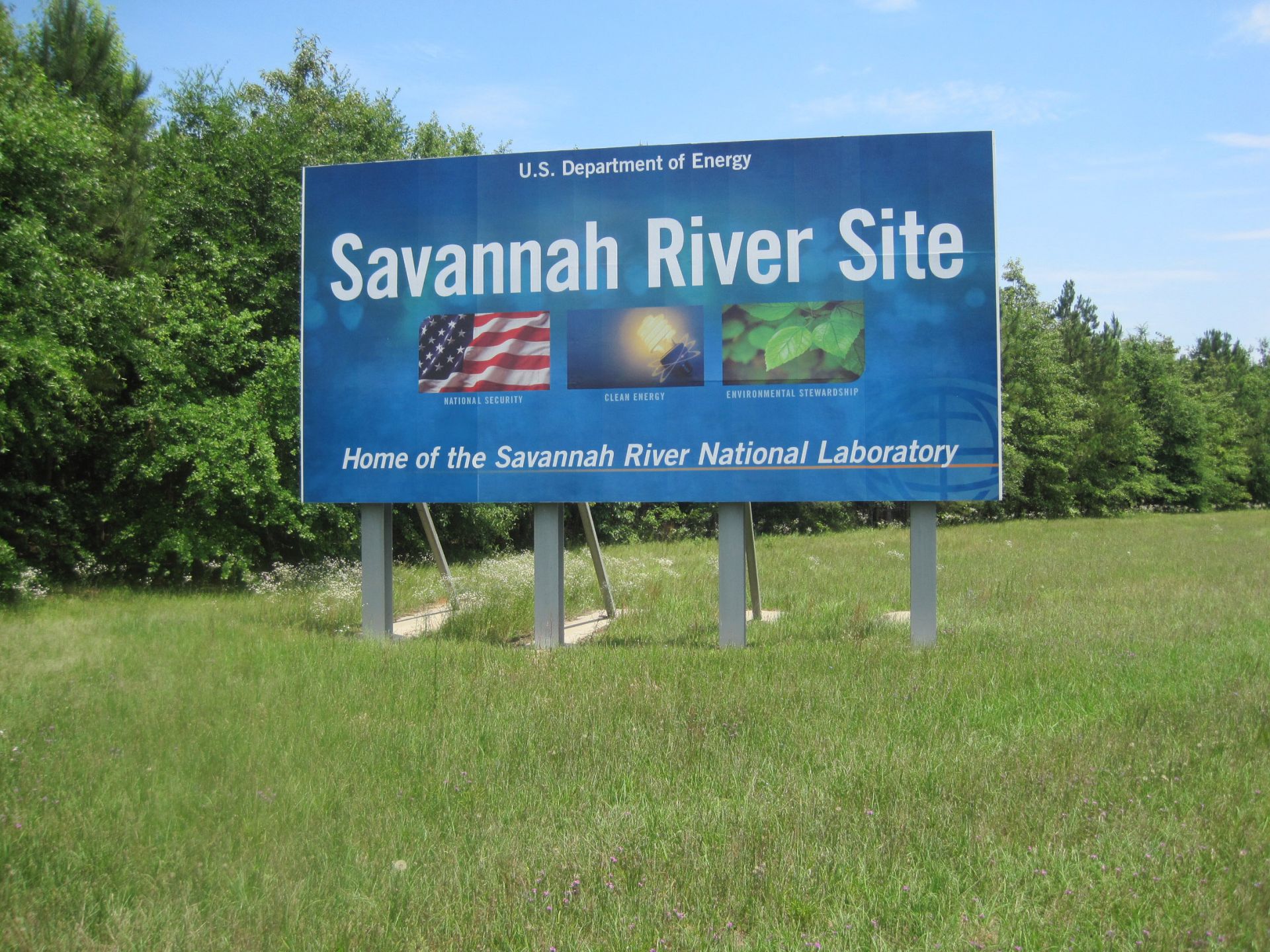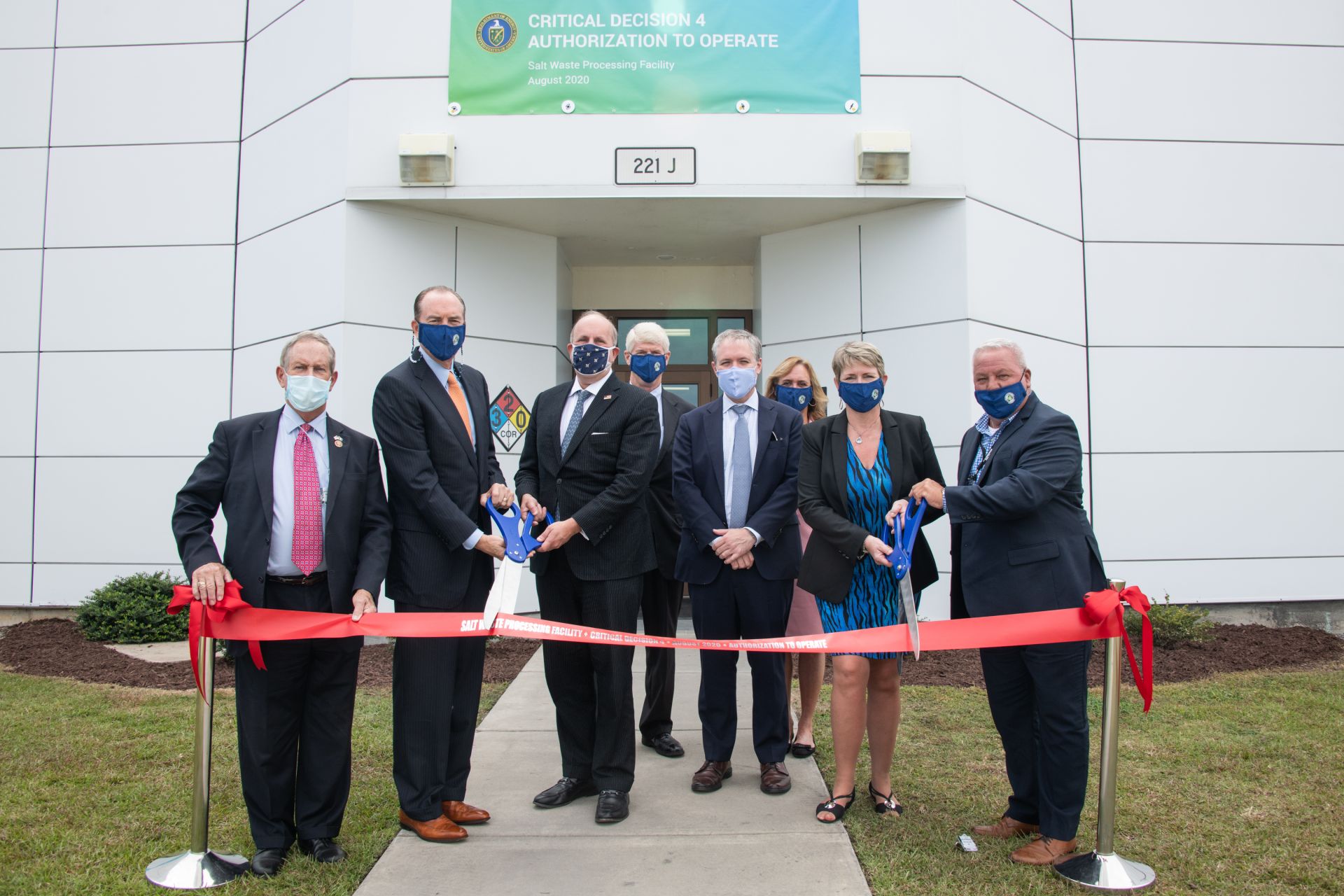Energy Communities Alliance conducted a survey of its members on the DOE Office of Environmental Management’s recently released Strategic Vision.
 On March 9, the Department of Energy’s Office of Environmental Management (EM) released its first strategic plan in several years. Titled “A Time of Transition and Transformation: EM Vision 2020-2030,” and called the Strategic Vision1, the document outlines the past accomplishments in cleaning up legacy nuclear waste and provides a broad overview of the initiatives that EM plans to put into motion over the next decade, “laying the groundwork for a long-term plan to realize meaningful impact on the environmental cleanup mission.”2
On March 9, the Department of Energy’s Office of Environmental Management (EM) released its first strategic plan in several years. Titled “A Time of Transition and Transformation: EM Vision 2020-2030,” and called the Strategic Vision1, the document outlines the past accomplishments in cleaning up legacy nuclear waste and provides a broad overview of the initiatives that EM plans to put into motion over the next decade, “laying the groundwork for a long-term plan to realize meaningful impact on the environmental cleanup mission.”2
A systematic analysis of drivers and barriers of cross-sectorial learning between nuclear and oil and gas decommissioning projects.
October 2, 2020, 3:39PMRadwaste SolutionsDiletta Colette Invernizzi, Nick Higginson, Richard Howells, Willem Van Es, and Ian Beadle The Deepsea Delta oil-drilling platform in the North Sea. The dismantling of such large oil and gas structures may offer lessons that can be applied to nuclear decommissioning.
Within the energy sector, the management of projects and megaprojects has historically focused on the planning and delivery of the construction of infrastructure [1–3]. Therefore, policies are more oriented to support the construction of infrastructure rather than its decommissioning. Globally, however, a number of facilities have reached or will soon reach their end of life and need to be decommissioned.
These facilities span the energy sector, including nuclear power plants, oil and gas rigs, mines, dams, etc., whose decommissioning present unprecedented technical and socioeconomic challenges [4–7]. Moreover, the cost of decommissioning and waste management of this array of infrastructure is estimated to reach hundreds of billions of dollars and, for most of these projects, keeps increasing, with limited cross-sectorial knowledge-transfer to mitigate the spiraling increase of these figures.
Cross-sectorial knowledge-transfer is one way to tackle this matter and improve the planning and delivery of decommissioning projects. The aim of our research has been to build a roadmap that is designed to promote the sharing of good practices between projects both within the same industry and across different industrial sectors, focusing specifically on major decommissioning and waste-management challenges.
To reach this aim, our research leverages on the experience of senior industry practitioners and their involvement in the decommissioning and waste management of infrastructure in different sectors. More specifically, this research addresses the following questions:
To what extent can lessons learned be transferred across industrial sectors?
What are the challenges that hinder successful cross-sectorial knowledge-transfer?
In storage at San Onofre for 18 years, the 670-ton SONGS-1 reactor pressure vessel undertook a 51-day trip across three states to its final disposal site.

Six large trucks were used to push and pull the SONGS-1 reactor pressure vessel 400 miles through Nevada and into Utah with a maximum speed of 10 miles per hour over a 10-day period. Photo: EnergySolutions
July 14 marked a milestone in the decommissioning of the San Onofre Nuclear Generating Station (SONGS), as the Unit 1 reactor pressure vessel (RPV) completed a seven-week journey from Southern California to EnergySolutions’ Clive disposal facility in Utah. The approximately 670-ton RPV package, containing the pressure vessel from the previously decommissioned SONGS-1, pieces of radioactive metal, and grout for radiation shielding, left San Onofre on May 24, traveling by rail to a location outside Las Vegas, where it was transferred to a platform trailer to be transported the remaining 400 miles to Clive, about 75 miles west of Salt Lake City.
“This project was a very complex undertaking that required approvals and/or coordination with over two dozen federal, state, and local agencies and government entities,” said Todd Eiler, director of the EnergySolutions Projects Group, which handled the transport. “The coordinated effort with the rail lines and departments of transportation in California, Nevada, and Utah resulted in another safe and successful large component shipment managed by the EnergySolutions Projects Group.”




 On March 9, the Department of Energy’s Office of Environmental Management (EM) released its first strategic plan in several years. Titled “A Time of Transition and Transformation: EM Vision 2020-2030,” and called the Strategic Vision1, the document outlines the past accomplishments in cleaning up legacy nuclear waste and provides a broad overview of the initiatives that EM plans to put into motion over the next decade, “laying the groundwork for a long-term plan to realize meaningful impact on the environmental cleanup mission.”2
On March 9, the Department of Energy’s Office of Environmental Management (EM) released its first strategic plan in several years. Titled “A Time of Transition and Transformation: EM Vision 2020-2030,” and called the Strategic Vision1, the document outlines the past accomplishments in cleaning up legacy nuclear waste and provides a broad overview of the initiatives that EM plans to put into motion over the next decade, “laying the groundwork for a long-term plan to realize meaningful impact on the environmental cleanup mission.”2







